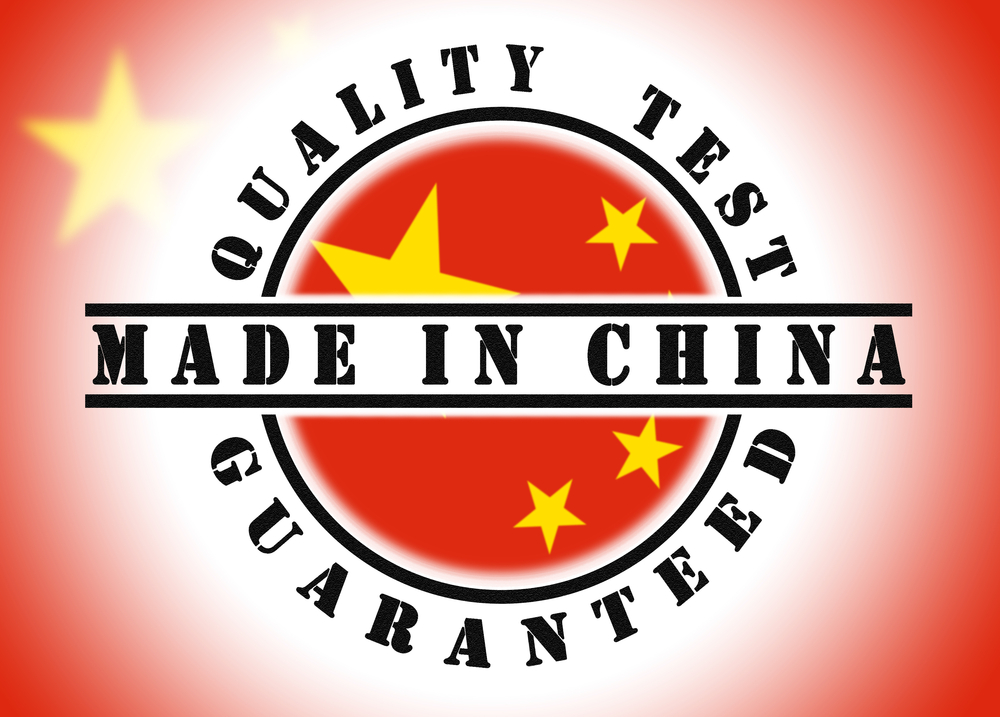Product liability

In a majority of restaurants the wardrobe contains a sign which tells the customers: ‘We cannot be held liable’. Badly drafted general terms of agreement have the same sentence in it. When I see this, I always think: well you may say you cannot be held liable, we will hold you liable anyway. The philosophy is that the law decides who can be held liable or not and an improperly drafted agreement can quickly be explained negatively against those who drafted or introduced it. When consumers are involved it is legally obliged (article 6:238 CC) that the most advantageous explanation for the counterparty must be given in relevant cases. This is called the ‘proferentem’ rule.
Manufacturer liability
It is important to know that manufacturers cannot exclude or limit their producers’ liability, based on art. 6:192 CC. The manufacturer stays liable for ‘defects’ in his product. All parties which sell products must therefore take into account that they can be held liable for defects in the sold product. An entrepreneur can cover himself against this liability by storing the names, addresses and identity records of the supplier for every good he sells.
Liability importer
Because many goods these days are imported from far beyond the borders, e.g. China, the law prescribes that those who import the good into the European Economic Space, can be held liable. Furthermore the supplier can be held liable when the importer of the good cannot be identified. This does not count when, within a reasonable period, the identity is established and communicated. (art. 6:187 CC)
When does a product contain a defect?
According to art. 6:185 paragraph 1 CC the manufacturer can be held liable for defects in its products. What is however a defect product under the letter of the law? According to art. 6:186 CC a product can be labelled as defect when it does not offer the safety one should be able to expect. Important factors in this respect are the normal use of the product, looking at the performance of the product and the time in which it has been brought to the market.
Those who claim to be harmed from a defect in the product must prove that the damage has been caused by that particular defect and outside of the fault of the claimant. Sometimes manufacturers can anticipate on these claims by developing clear instruction manuals and by integrating those in the general terms of agreement.
It gets interesting with consequential damage. When for example the brakes of car cease to work and the driver gets involved in a terrible accident with physical damage as result, the financial damage can increase drastically.
Reporting damage
The liability of manufacturers is limited, because the damage has to be reported within 3 years from the moment that the aggrieved is informed which manufacturer / supplier is responsible for his damage. (art. 6:191 CC) Moreover a manufacturer cannot be held liable when the product has been on the market for 10 years or longer.
Guarantee is not a determining factor
A common mistake is that the term of the guarantee which has been issued by a manufacturer is determining for a possible claim for reparation or replacement. However when a defect was already present when the product was bought, a damage can be claimed without a valid guarantee. Damage up until an amount of maximum 500 euros must be claimed by the dealer, instead of by the manufacturer. (art. 6:190 and 7:24 CC) The background is that it would be too much effort to claim at manufacturers for such small amounts. Those who sell the product must therefore hold the risk and solve the financial problem with the supplier.
Proper information service prevents problems
A proper information service at the sales of a product can limit or even prevent liability claims in the future. On the other hand this should not prevent a consumer from bringing forward a claim when a defunct product has been bought, even when that liability has been limited or excluded in a contract. Such a clause is legally void (art. 6:192 CC). The liability of manufacturers can never be excluded.
More information
Are you held liable for a defect of a product or did you get damage by a product? Please contact us. We discuss the possibilities for your case with you.
